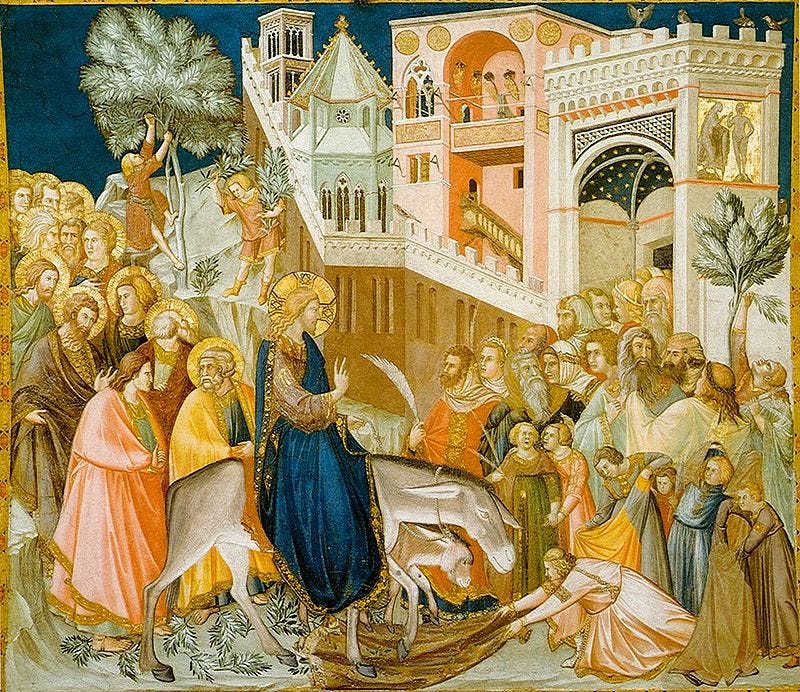In the first book of Samuel, God warns the people through the prophet Samuel that, should their demands for a king be met, the type of person who would rule over them would not be a gracious and noble king but a greedy and dishonorable tyrant. “These will be the ways of the king who will reign over you.” Your sons will be forced to run before his chariots. Your daughters made into his maids. He will take the best of your fields, vineyards, and orchards. He will take your servants and make them his. He will take your flocks. And yourselves shall be his slaves (cf. 8:11-18).
If Samuel’s warning seems timeless, it is because he describes not merely some future contingent particular to the nation of Israel but rather the condition of human nature on the whole. Samuel’s words echo in every corner of the political arena, each party recasting Samuel’s warning about the inevitable fate of the nation should the opposing party win. And over and above the fear-mongering at play, there is the undeniable and universal truth that we as humans are inherently self-interested creatures, and those who attain political power without the virtues necessary to use it well are liable to misuse and abuse it. If we could look at even the most gracious and noble of our leaders under a microscope, we should not be surprised to find the virus of self-interest present in them all, since all share the same human nature about which young Samuel once warned.
Both Mark’s and Luke’s account of Jesus’ entry into Jerusalem at the beginning of the week that would end in his Passion include the detail that the colt he sends his disciples ahead to find is one “on which no one has ever sat.” The point is more than just that this is a young and inexperienced donkey—it is the sign of a King like none other. Jesus’ kingship breaks the mold long cast of those who rule out of self-interest. He takes the donkey—seemingly just as Samuel once had warned—not to overthrow the establishment and inaugurate his own political kingdom, but by the Blood shed upon the Cross to bring to reign the Father’s kingdom in the hearts of those who believe in him.
Again, in the account of his Passion, Jesus sends his disciples to demand a room in which to celebrate the Passover—not to raid another’s storerooms, nor force themselves upon another’s hospitality, nor eat what another has prepared, but to celebrate a new Passover with the food broken and shared being bread that is his Body and wine that is his Blood. The new Passover—the Eucharist—defies the self-centered logic on which the world turns.
Christ enters Jerusalem to make something new; and Christ invites us to participate in his Passion so that he might make something new within us. Christ reveals that the power-categories which define human existence are not absolute—they can be torn apart by being nailed to the Cross and transformed into categories of sacrificial love. Let us journey with Christ this Holy Week to the Cross and allow our arms to be stretched far to each side, so that will be torn open and poured out through him, with him, and in him, for the salvation of the world. Amen.
Homily preached on March 24, 2024 at the Cathedral of Mary Our Queen.




